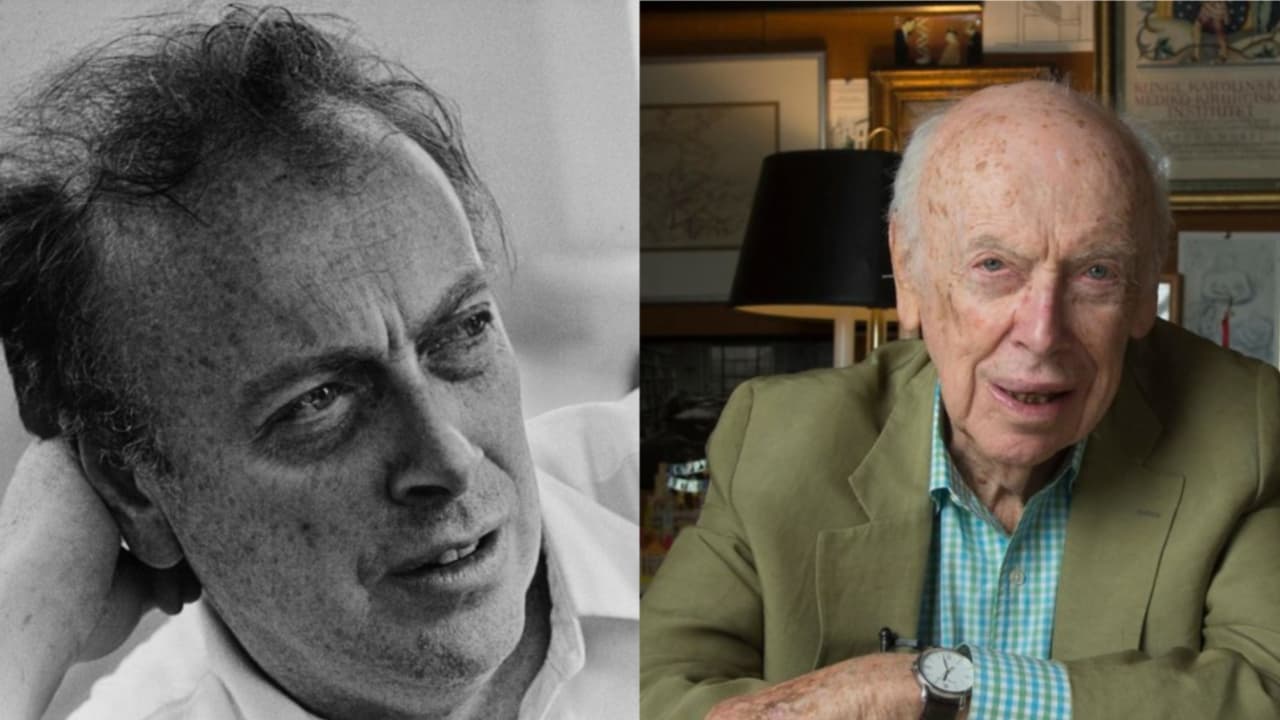James Watson, Nobel Prize-winning American biologist who helped discover DNA’s double-helix structure, has died. Once celebrated as one of the most influential scientists of the 20th century, his later years were clouded by racist and sexist remarks.
James Dewey Watson, who died on Nov 6, was one of the most famous names in modern science. He was an American biologist best known for discovering the double-helix structure of DNA, the molecule that carries genetic information in all living things. Along with Francis Crick and Maurice Wilkins, he won the Nobel Prize in Physiology or Medicine in 1962. Watson’s work changed how humans understood life itself. The discovery laid the foundation for genetic science, opening paths to breakthroughs in medicine, agriculture, and crime forensics. However, his later years were overshadowed by controversial remarks that deeply hurt his reputation.
His early life and education
James Watson was born on 6 April 1928 in Chicago, Illinois. A bright student from an early age, he earned a scholarship to the University of Chicago at just 15 years old. He completed his PhD in zoology from Indiana University Bloomington in 1950. During his PhD, Watson developed an interest in genetics and the structure of DNA. His academic journey later took him to Europe, where he studied at universities in Copenhagen and Cambridge. It was at the University of Cambridge that he met Francis Crick, a meeting that would change the course of science forever.
Discovery of the double helix
At Cambridge, Watson and Crick began studying DNA, using X-ray images produced by Rosalind Franklin and Maurice Wilkins at King’s College, London. Franklin’s detailed X-ray photograph, known as Photo 51, provided the crucial clue the two men needed. In 1953, Watson and Crick successfully built a model of DNA that showed it was a double helix, two strands twisted around each other like a spiral staircase. Their model also revealed how DNA could replicate itself, explaining how genetic information is passed from one generation to the next. Their groundbreaking paper, published in the journal Nature, was met with global admiration and marked a turning point in biology. It opened doors to understanding genetic code, inheritance, and later, the development of genetic engineering and DNA testing.
The Nobel Prize and career achievements
In 1962, Watson shared the Nobel Prize in Physiology or Medicine with Crick and Wilkins. Sadly, Rosalind Franklin, whose work had been key, was not included as the prize is not awarded posthumously, she had died in 1958. Watson went on to teach at Harvard University for 15 years. Later, he became the director of the Cold Spring Harbor Laboratory in New York, which he transformed into a leading centre for molecular biology research. From 1988 to 1992, Watson played a major role in the Human Genome Project at the National Institutes of Health (NIH). This global effort aimed to map all the genes in human DNA, an achievement that furthered the legacy of his earlier discovery.
A brilliant mind, a controversial figure
Despite his scientific brilliance, Watson’s later years were marked by controversy. He was known for his blunt and often offensive comments about women and race. In 2007, he told a British newspaper that he was ‘inherently gloomy about the prospect of Africa’ and questioned the intelligence of Black people. The remarks caused widespread outrage. Watson apologised, but he was removed as chancellor of the Cold Spring Harbor Laboratory. His reputation never recovered. In 2019, during a PBS documentary, he repeated similar comments, prompting the lab to cut all remaining ties and strip him of his emeritus status. Watson also faced criticism for his comments about female scientists, especially Rosalind Franklin, whose contribution to the DNA discovery he often downplayed. Many later historians have pointed out that Franklin’s work was crucial to Watson and Crick’s success.
His final years and death
Watson lived his final years quietly on Long Island, New York, where he had worked for most of his career. He died in hospice care on 7 November 2025, aged 97. The Cold Spring Harbor Laboratory, in a statement, praised his ‘extraordinary contributions to science’ while acknowledging the controversies that marked his later life. Watson is survived by his wife, Elizabeth, and their two sons, Rufus and Duncan. He also wrote several books, including the bestselling ‘The Double Helix’ (1968), which gave a personal and competitive look at how one of the greatest scientific discoveries of the century came about.
Legacy of a complex scientist
James Watson’s life story is one of both genius and conflict. His discovery of the DNA double helix reshaped the entire field of biology and medicine. Yet his personal views damaged the respect that once surrounded his name. In the end, Watson will always be remembered as the man who helped unlock the code of life, a discovery that continues to influence every corner of modern science. But his life also stands as a reminder that intelligence without empathy can cloud even the brightest legacy.
(With inputs from AFP)
